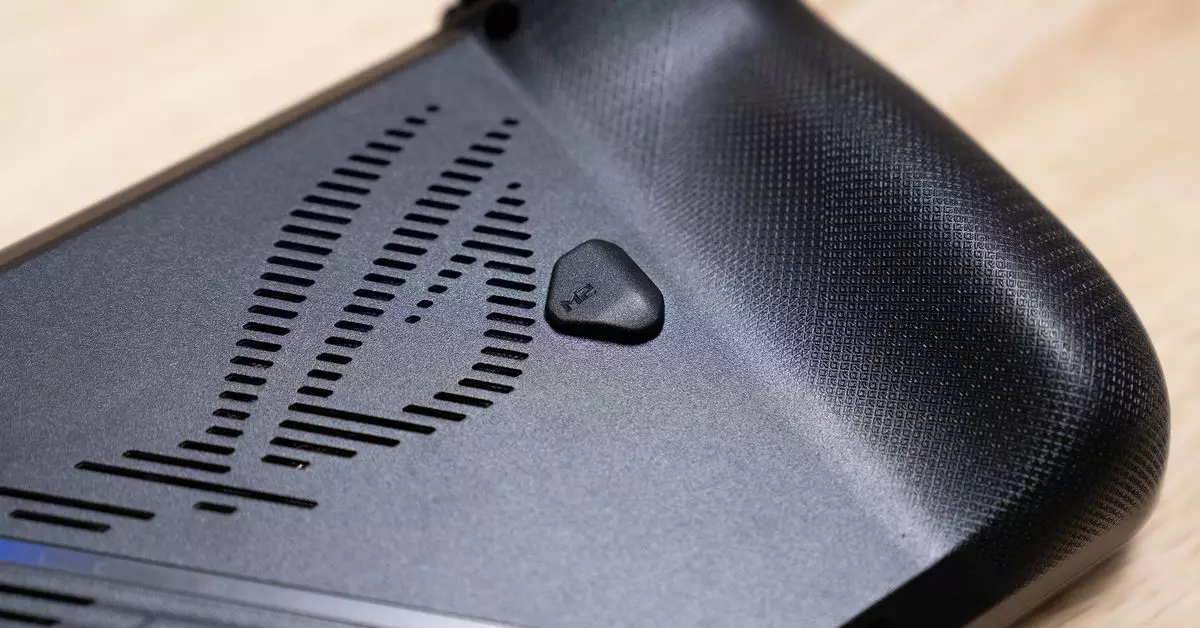Valve, the renowned gaming company, had initially envisioned a future where every PC manufacturer could create their own version of a “Steam Machine” – essentially a PC game console running the company’s Linux-based SteamOS. While it took a decade for this dream to materialize into Valve’s internally developed Steam Deck gaming handheld, the company has not abandoned the original vision. Valve has long maintained its plans to allow other companies to use SteamOS, explicitly supporting the Asus ROG Ally gaming handheld, as confirmed by Valve designer Lawrence Yang to The Verge.
Recently, there have been intriguing developments indicating Valve’s support for the Asus ROG Ally and potentially other rival handhelds. In Valve’s latest SteamOS release notes, a line was discovered that read “Added support for extra ROG Ally keys.” This unexpected inclusion raised questions about Valve’s intentions and plans regarding third-party device support for SteamOS. Upon reaching out to Lawrence Yang for clarification, it was confirmed that Valve is indeed working on adding support for additional handheld devices on SteamOS. This revelation opens up possibilities for greater compatibility and integration of different gaming hardware with Valve’s platform.
Despite the promising news of expanded device support, challenges remain in fully realizing Valve’s vision. While Valve is making steady progress towards its goals, including the general release of SteamOS 3 for installation on non-handheld PCs, there are still significant hurdles to overcome. The process of obtaining official validation from companies like Asus, who currently ship their devices with Windows due to various reasons, adds complexity to the adoption of SteamOS on rival handhelds. Valve continues to work towards optimizing SteamOS for different hardware configurations and ensuring a seamless user experience across various devices.
Looking ahead, Valve’s commitment to enabling dual-boot capability on Steam Decks, allowing users to switch between SteamOS and Windows operating systems, remains a key priority. While preparations are underway for making additional Windows drivers available for Steam Deck OLED, including firmware updates for the Bluetooth driver, specific details on the timing of dual-boot support are yet to be announced. As Valve navigates the intricate process of integrating its Linux-based system with Windows handhelds, other companies like Universal Blue have also showcased their compatibility with devices like the Asus ROG Ally X, signaling a broader industry shift towards Linux and controller-friendly interfaces on gaming hardware.
Valve’s decision to extend support to rival handhelds like the Asus ROG Ally reflects the company’s commitment to fostering a diverse and inclusive gaming ecosystem. By addressing technical challenges, collaborating with manufacturers, and expanding compatibility with different devices, Valve is poised to drive innovation and accessibility in the gaming industry. As the future of gaming continues to evolve, Valve’s strategic initiatives towards device integration and software development are set to shape the landscape of gaming technology for years to come.


Leave a Reply